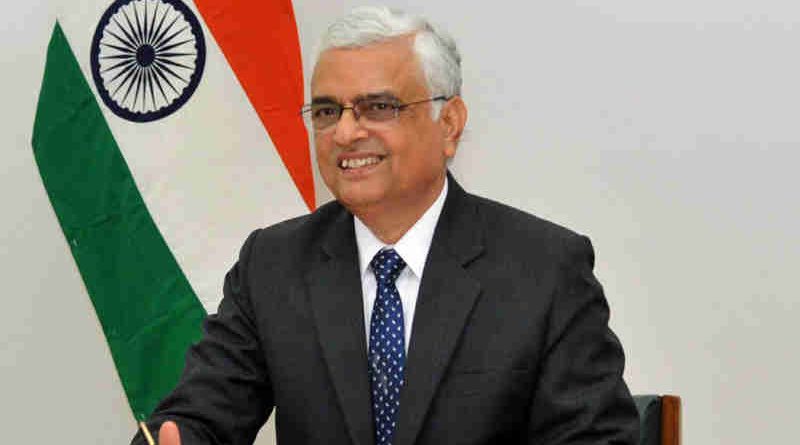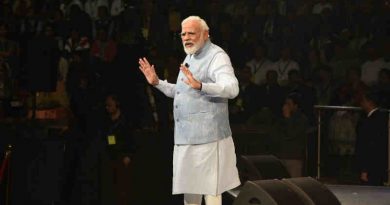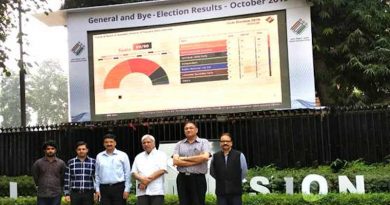How to Improve the Indian Electoral System

It is observed that people who vote in Indian elections are mostly poor, uneducated, and ignorant who can easily be cheated by corrupt politicians with their ad campaigns and false promises. Click here to read more.
The Election Commission of India (ECI) has scheduled a meeting with all recognized political parties on 27th August, 2018 in New Delhi.
Considering that the political parties are important stakeholders in the Indian electoral system, ECI has been periodically holding consultation meetings with all recognized political parties to take their views on various important issues.
In a statement issued today, ECI said it has always been keen to strengthen the democratic system of the country by improving its existing electoral system and practices. All 7 registered national political parties and 51 state political parties have been invited to participate in the meeting.
[ Voter Education for Lok Sabha Election 2019 in India ]
The agenda for the meeting includes discussion on the fidelity of electoral rolls. ECI invites the views of all parties on measures to improve the accuracy, transparency and inclusivity of electoral rolls in view of the upcoming elections to Lok Sabha and the State Assemblies.
As regards gender representation in political parties and comparative international experience, ECI would invite views on measures that political parties can undertake to encourage enhanced representation of women within the organizational structure of the political party, as well as in the candidate selection for contesting elections to legislative bodies.
[ Are You Eligible to Contest the Lok Sabha Election 2019? ]
On the subject of election expenditure regulation, issues related to Expenditure Ceiling for Legislative Council Elections and Limiting Political Party Expenditure would be discussed. Discussion on enforcement measures to ensure timely submission of annual audited reports, election expenditure reports are also on the agenda.
Election campaign silence period – inclusion of print media within the ambit of section 126(1)(b) of the Representation of People Act 1951 and issue of online canvassing to promote or prejudice the electoral prospects of a party/candidate on social media during the last 48 hours before conclusion of polling will also be discussed.
Views and feedback of political parties regarding the Commission’s efforts to expand outreach and encourage broad-based, inclusive electoral participation will also be invited.





